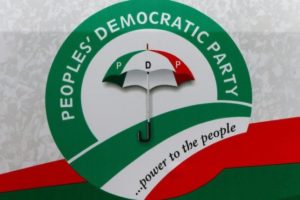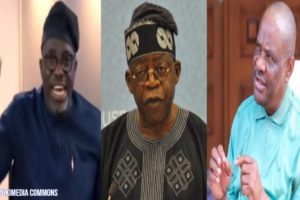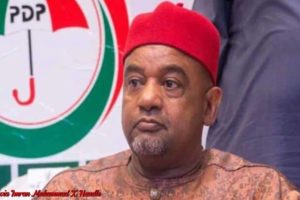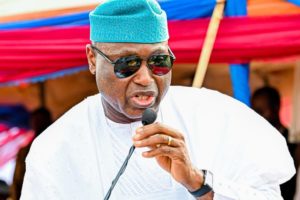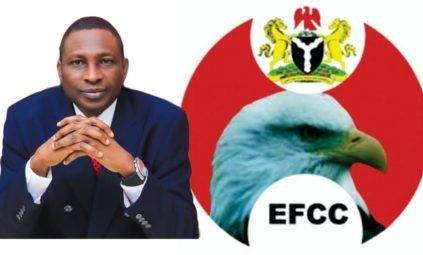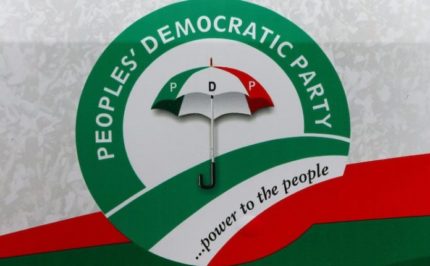Abubakar Ahmad Sirika, brother of the immediate-past Minister of Aviation, Hadi Sirika, was grilled by EFCC over an alleged N8.06 billion contract fraud within the Federal Ministry of Aviation. The contracts in question, reportedly awarded to Abubakar’s company, Engirios Nigeria Limited, during his brother’s tenure, have raised eyebrows and prompted a deeper investigation into possible corruption within the ministry. Abubakar’s arrest on Sunday marks a significant development in the ongoing probe, shedding light on potential malpractices during the previous administration.
Suspected Misappropriation of Public Funds
The EFCC’s scrutiny revolves around accusations of conspiracy, abuse of office, diversion of public funds, contract inflation, criminal breach of trust, and money laundering. Investigations revealed that a substantial portion of the contract sum, approximately N3.2 billion, was traced to Engirios Nigeria Limited, owned by Abubakar, who holds a senior position in the Federal Ministry of Water Resources. The contracts awarded to his company, including the establishment of a Fire Truck Maintenance and Refurbishment Centre in Katsina Airport and the procurement of equipment for aviation facilities, raise concerns about transparency and accountability in government procurement processes.
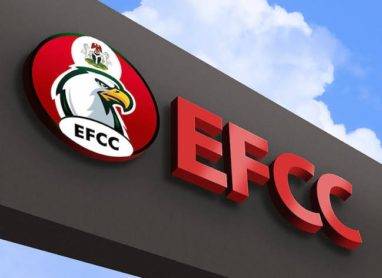
Timeline and Further Allegations unravel by EFCC
Documents obtained by EFCC indicate a suspicious pattern of contract awards to Abubakar’s company, with timelines coinciding closely with the end of the Buhari administration’s tenure. The EFCC’s focus extends beyond the contract fraud to encompass broader concerns, including the controversial Nigeria Air project. Discrepancies in the reported funds allocated to the project highlight discrepancies between official statements and alleged expenditures, prompting questions about financial management and oversight within the Ministry of Aviation. As the investigation unfolds by EFCC, Abubakar’s interrogation provides valuable insights into potential irregularities that may have occurred under his brother’s leadership, underscoring the importance of accountability and integrity in public service.
Rampant Corruption Unveiled During Buhari’s Administration
In recent revelations, the extent of corruption within the administration of President Muhammadu Buhari has come to light, leaving citizens astonished and dismayed. Reports indicate widespread embezzlement across various government ministries, with sums reaching staggering proportions, suggesting a systemic failure in oversight and accountability. The gravity of the situation prompts reflection on the true scale of corruption during Buhari’s two-term tenure, questioning the efficacy of anti-corruption measures and enforcement mechanism pursue by EFCC under his watch
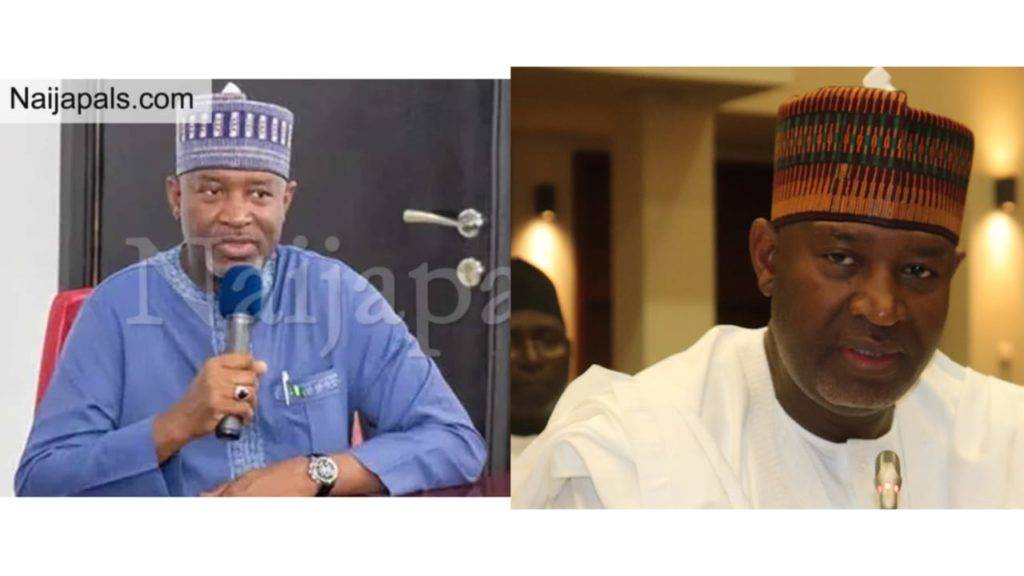
Instances of civil servants engaging in fraudulent activities, such as operating businesses outside their official duties and conducting illicit dealings with the government, have further eroded public trust. The brazenness with which individuals exploit their positions for personal gain underscores the urgent need for robust anti-corruption measures and swift judicial action. As the investigations unfold, there is a growing clamor for justice to be served and ill-gotten wealth reclaimed for the benefit of the nation.
Accountability and Transparency Imperative in Government Expenditure
The ongoing scrutiny of the Nigeria Air project by EFCC underscores the imperative for transparency and accountability in government spending. Concerns have been raised regarding the allocation of public funds, particularly in awarding contracts worth billions of Naira to individuals with potential conflicts of interest. Questions loom over the integrity of procurement processes and whether due diligence was exercised in selecting contractors.
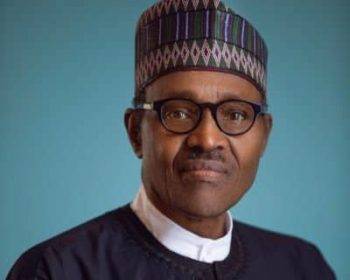
Calls for a stringent Criminal Justice System akin to those in some Asian countries, where convicted treasury looters face severe penalties including confiscation of assets and execution, highlight the urgency of addressing endemic corruption. The proposal aims to deter future malfeasance by imposing swift and decisive consequences for corrupt practices. However, it also sparks debate over the ethical and legal considerations of such punitive measures within the Nigerian context.
As Nigeria grapples with the fallout of rampant corruption and seeks to restore public faith in governance, the need for comprehensive reform is paramount. Transparent procurement practices, robust oversight mechanisms, and stringent penalties for offenders are essential to fostering a culture of accountability and integrity. Only through concerted efforts to combat corruption can the nation pave the way for sustainable development and economic prosperity.
Table of Contents
Discover more from OGM News NG
Subscribe to get the latest posts sent to your email.





